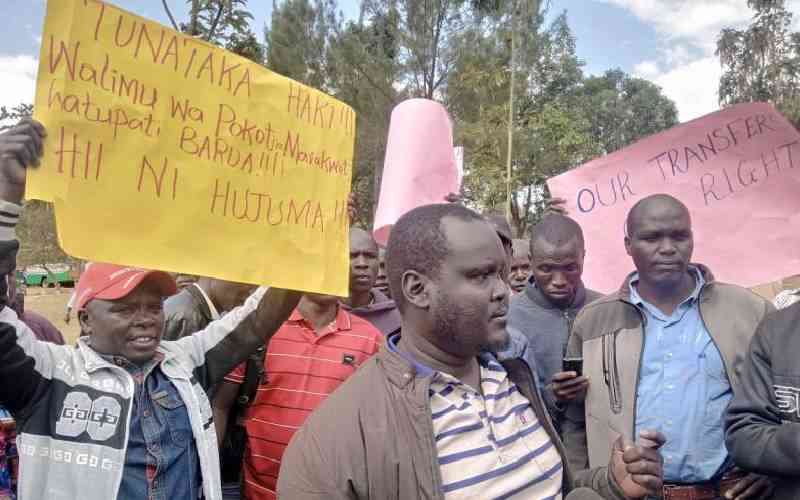×
The Standard e-Paper
Stay Informed, Even Offline

Workers raising families have a reason to smile in the New Year after the Employment and Labour Relations Court ordered employers to safeguard their rights, particularly regarding transfers.
Justice Byrum Ongaya ordered that his judgment be served to the Labour Cabinet Secretary, the Central Organisation of Trade Unions, the Federation of Kenya Employers, the National Police Service Commission, and the Public Service Commission, so as to protect the rights of workers with family responsibilities.